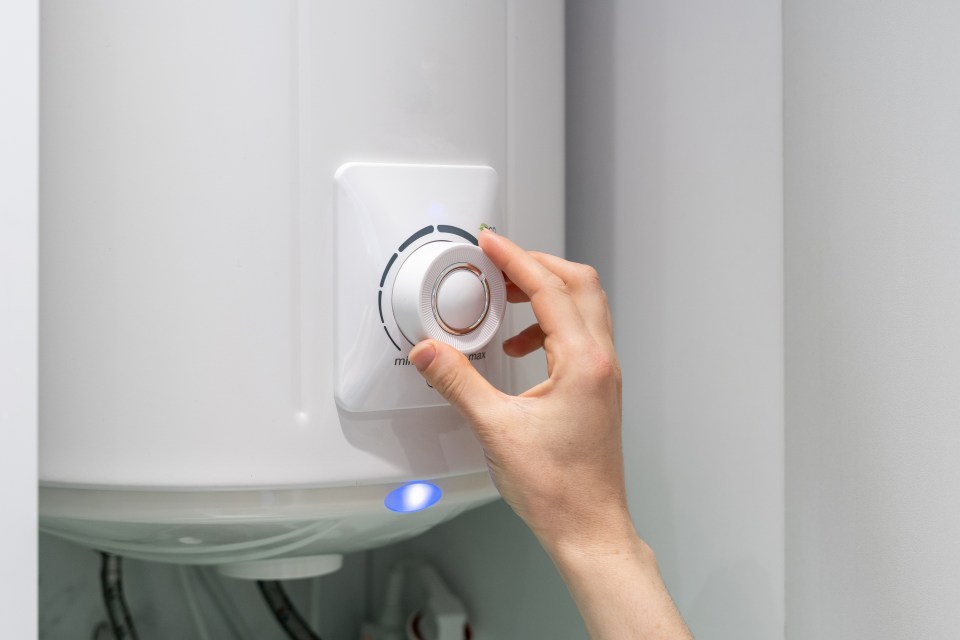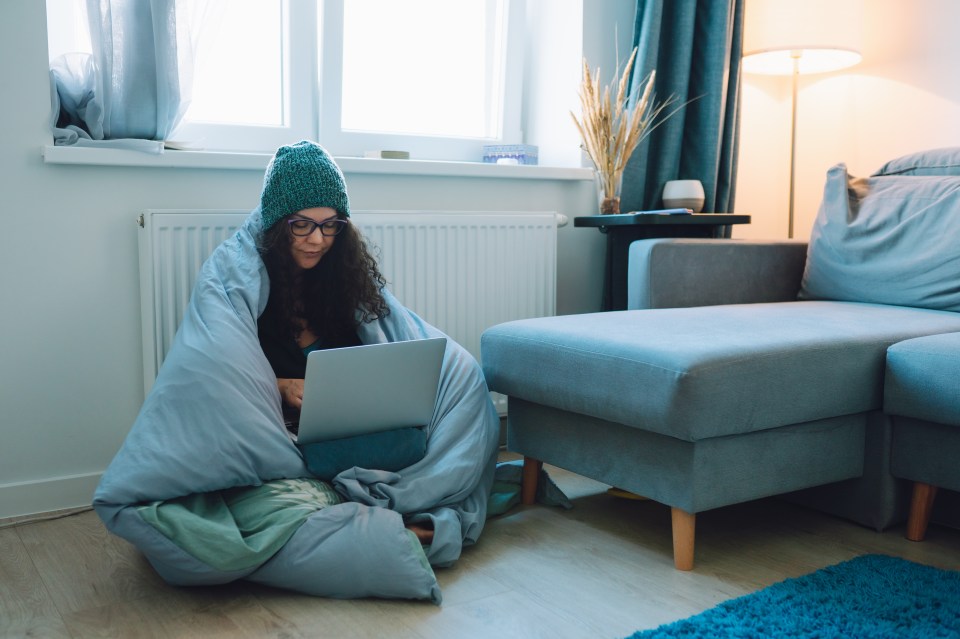Expert reveals exact date Brits should switch on heating to ‘prep your boiler’




IF the autumn As days get cooler, you might be thinking about turning on your heating to get warm.
If you haven’t turned on the heating yet, an expert has shared the exact date that’s best to start your central heating – and it could be sooner than you think.
Since most people keep an eye on their energy bills, it’s important to be a little strategic when using central heating systems.
To help you keep heating costs to a minimum, a home energy expert reveals when the best time to turn on your home heating is, and how to make the most of it during winter.
Winter is coming
The British winter season officially starts on December 21, but a domestic energy expert is recommending Brits turn on their heating around October 14.
Llewellyn Kinch, CEO and co-founder of UK solar energy platform MakeMyHouseGreen, said: “It makes sense to prepare your boiler for the worst of winter by using it.
“October 14 still has some time before it gets really cold, so you can be sure that your central heating is working properly.
“This way it can meet the challenges of the cold weather ahead.
“Vulnerable people may still need their heating on October 14 – especially in places more sensitive to cold weather – in the north of England and in Scotland for example.”
The optimal temperature
So once the heating is on, what’s the best way to use it?
It’s easy to waste money on heat energy because your central heating or boiler is set too high, or is running at the wrong times of the day.
But if your home’s heating is on for longer, it doesn’t necessarily mean you spend more money on heating.
Llewellyn explains: “Leaving the heating on low for longer can save money because the house doesn’t get as cold and therefore requires less energy to heat up again.
“It obviously depends on the property and location, and local weather conditions.
“However, no matter where you live or where you live, there is an average recommended heat setting and usage that provides the best balance between economy and warmth.
“Set your thermostat between 18 and 21 degrees Celsius during the hours you are in the house, and turn it down slightly at night or when you are away, to stay warm and save on energy bills.”
Efficient strategy
This proven heating strategy can be a great way to reduce energy bills and maintain a comfortable home environment during the colder season, the expert says.
Llewellyn continues: “The impact of taking a more conscious – or certainly more strategic – approach to heating your home in this way can be significant.
“Energy costs can vary widely due to global dynamics.
“And we live in a demanding climate in Britain. Winters can be long and harsh, so residents should try to use home heating wisely and prioritize it health while keeping costs low.
“Hopefully the British can feel comfortable during the cold and festive season… and are looking forward to it next spring on March 20, 2025.
“Save the date and stay warm and healthy this winter.”
5 Money-saving tips for autumn/winter
1. Make your home draught-free
It takes time and money to heat your home, so it’s important that you do everything you can to keep the heat in. Close your doors and windows and fill any gaps with weather stripping.
2. Turn down your thermostat
According to Energy UK, lowering the thermostat by just one degree Celsius can reduce your heating costs by up to 10% and save you around £85 a year. And if you don’t have a thermostat, installing one can save you up to $70 per year!
3. Move furniture
Ensure that large, bulky furniture such as sofas does not block the radiators.
4. Wash clothes at a lower temperature and add extra spin cycle
Unless it is bedding, towels or very dirty items, turn the temperature down to 20 or 30 degrees and rotate the machine twice to remove excess water.
5. Heat the person, not the house
There is no point in heating up a room with no one in it, so pay close attention to which radiators are on.







